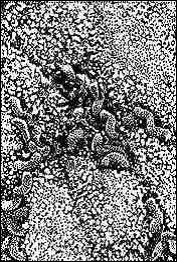What is Helicobacter Pylori?
Helicobacter Pylori (H. Pylori) is a common bacteria that lives and grows in your digestive tract. Around 60 percent of the world’s adult population have infections with these bacteria. Though usually harmless, the H. Pylori can attack your stomach lining. As a result, diseases such as peptic ulcers and gastritis can develop.
How Does H. Pylori Cause A Peptic Ulcer?
H. Pylori is a spiral-shaped bacteria. The spiral shape allows them to penetrate your stomach lining. Once there, the mucous lining of your stomach shields them from your body’s immune system. This process will leave your stomach lining vulnerable to your stomach acid. As a result, damage and bleeding ulcers will develop.


